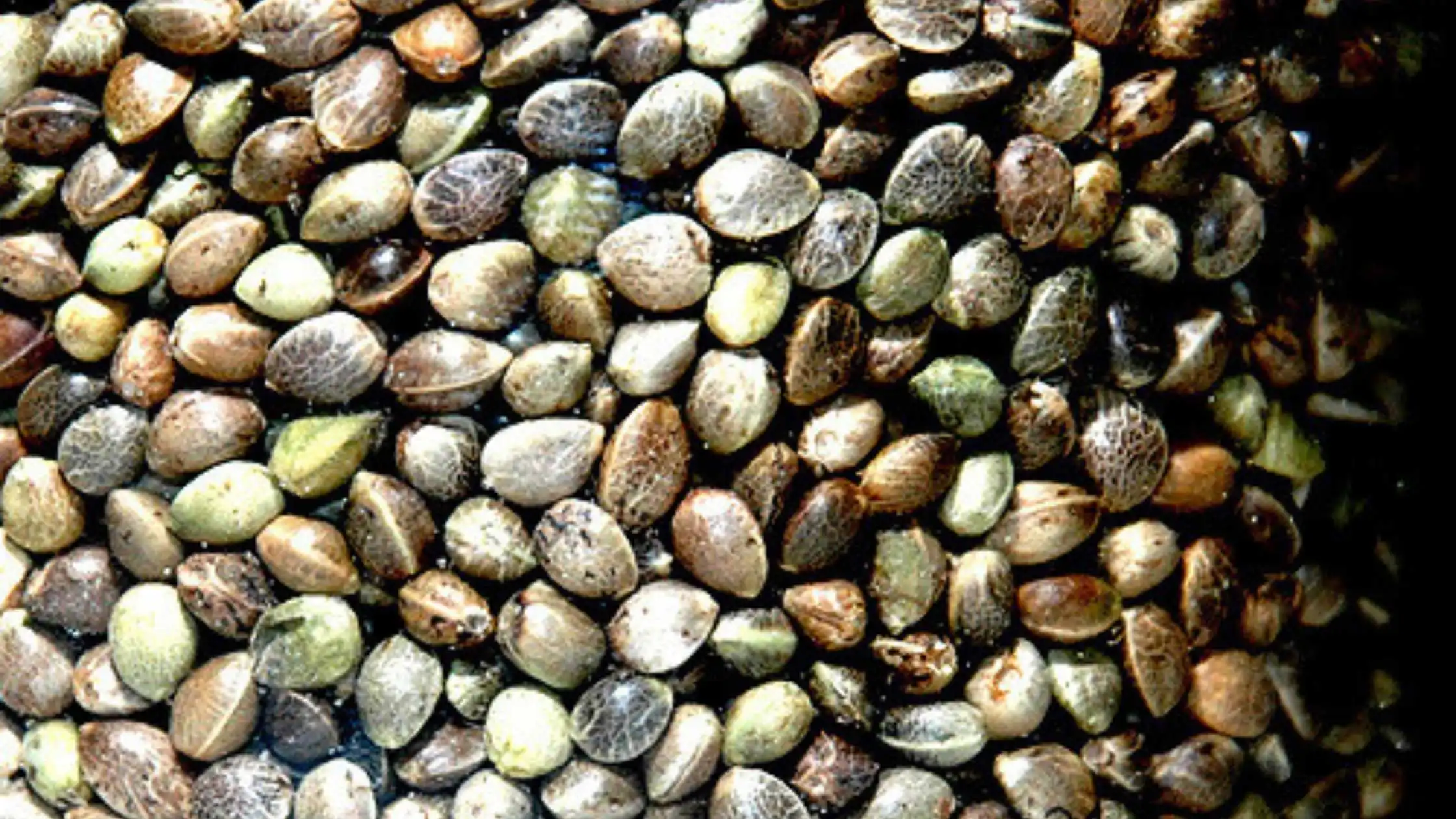A seemingly offbeat idea to finally approve federal marijuana legalization is getting cannabis reform advocates talking: What about adding high-THC cannabis to low-THC hemp in the next Farm Bill?
It’s an idea few in the cannabis advocacy community have considered.
However, the suggestion doesn’t come from just any pro-legalization member of Congress. It’s an idea from a powerful gatekeeper: the chair of the House Agriculture Committee, Democratic Rep. David Scott of Georgia.
Scott floated the idea a couple of months ago after hearing powerful testimony from Amber Littlejohn, executive director of the Minority Cannabis Business Association.
Littlejohn told lawmakers that small and minority-owned marijuana companies likely won’t survive deprived of some help from Congress, adding that state-level social equity programs have not been able to keep many minority-owned businesses afloat.
In response, Scott said the next Farm Bill coming up in 2023 should address the barriers that small businesses and Black entrepreneurs face when trying to start legal marijuana companies under state law.
“Here we are, the fastest-growing agricultural product, between hemp and cannabis,” he said. “We’re also going into our Farm Bill. We’ve got to address this issue. We can no longer hide it.”
After political observers in Washington, DC, raised their eyebrows about the comment, Scott doubled down.
He tweeted, “As the Chair of the House Agriculture Committee, I am committed to addressing the issue of cannabis in our next Farm Bill.”
Significant changes with the 2018 Farm Bill
Far-fetched? Maybe not.
After all, the last reauthorization of the Farm Bill in 2018 saw Congress alter the Controlled Substances Act to say that low-THC cannabis varieties known as hemp are no longer illegal.
The measure passed with bipartisan support and ushered in a sea change for the entire cannabis industry, even those growing high-THC varieties that remained illegal.
That’s because hemp legalization brought the cannabinoid CBD to mainstream audiences and created the first modern 50-state cannabis market.
Hemp legalization also saw entrepreneurs finding ways to make intoxicating THC products from legal hemp extracts, sparking competition and the emergence of mainstream e-commerce sales for THC, even in states without legal access to marijuana.
Scott’s comment has some wondering if the next Farm Bill could change the Controlled Substances Act once again to remove any THC limit on cannabis.
Given Scott’s current position as gatekeeper of what goes in (or doesn’t go in) periodic Farm Bill updates, no one is dismissing the idea that the next Farm Bill could change the Controlled Substances Act once again to remove any THC limit on cannabis.
Industry divided
Michael Bronstein
“It’s an interesting idea,” said Michael Bronstein, head of the American Trade Association for Cannabis and Hemp, an industry group with members across the THC spectrum.
Though many want Congress to make marijuana legal nationwide, “there is a lot of discussion about who should have regulatory authority” over it, he said.
“There are real differences of opinion in the market. It’s somewhat like a game of Jenga because all the pieces are connected, and if you pull a piece out, it affects the entire market.”
Indeed, MJBizDaily found strong opinions from across the cannabis industry when asked whether the U.S. Department of Agriculture might be the right agency to oversee marijuana cultivation.
Some are scoffing at a marijuana industry regulated by farm officials with more expertise on broadacre commodities such as wheat.
Skeptics also point out that if the GOP takes control of the U.S. House, as some expect, Republicans on the Agriculture Committee have expressed no interest in expanding cannabis legalization through the 2023 Farm Bill.
The likely chair of a Republican-led Agriculture Committee, Rep. Glenn Thompson of Pennsylvania, voted against a marijuana legalization bill just last week that passed the House for a second time.
Even some prominent hemp advocates say that marijuana could distract from other changes they’d like to see in the 2023 Farm Bill, such as a higher THC limit and clarity about intoxicating products made from converted hemp extracts, such as delta-8 THC.
“I’m skeptical that we’ll see cannabis legalization through the Farm Bill, given the problems getting things passed in the Senate,” said Jonathan Miller, head of the U.S. Hemp Authority and a lobbyist in Washington DC.
Others believe it’s a great idea.
“The USDA, as an agricultural regulatory agency, is almost certainly going to do a better job of regulating than the DEA (U.S. Drug Enforcement Administration), which is essentially a cop agency,” said Zack Iszard, president and chief science officer for Harvest Direct Enterprises, an extraction technology firm in Tacoma, Washington.
Progress either way
Morgan Fox
For longtime cannabis activists such as Morgan Fox, talk of high-THC cannabis joining its low-THC cousin in the next Farm Bill is a welcome change.
Fox, who has spent more than a decade lobbying on cannabis and now represents the granddaddy of cannabis advocacy, NORML, said the fact that a Georgia agriculture official is even talking about broader cannabis reform represents real progress.
“It is indicative of a growing desire, both among voters as well as elected officials, to see something get done about ending cannabis prohibition,” Fox said.
“I think it’s also indicative of a general frustration with Congress’s inability to pass stand-alone de-scheduling legislation, which has been kind of stagnating so far, despite many pronouncements that this would be a priority issue.”
Miller, the hemp lobbyist, agreed.
“Certainly, public opinion strongly supports marijuana legalization, so it’s only a matter of time before Congress will act,” he said.
Longtime California cannabis consultant Oliver Summers said that Scott’s proposal is humorous and essential at the same time.
“Even if the bill doesn’t have any chance of passing, we just like that people are talking about it,” Summers said.
Disclaimer: https://mjbizdaily.com/regulate-cannabis-like-corn-us-farm-bill-proposal-raises-eyebrows-hopes





